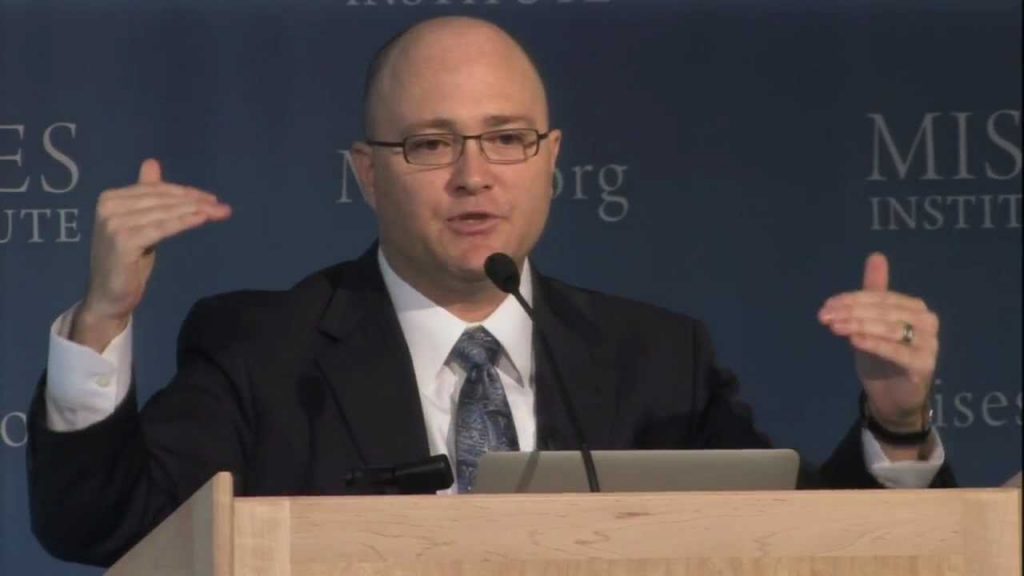Ep. 39 Stephan Kinsella Discusses Law Without the State, and the Illegitimacy of IP (Intellectual Property)

Mentioned in the Episode and Other Links of Interest:
- Stephan’s website.
- Stephan’s classic monograph, “Against Intellectual Property.“
- Stephan’s article, “What It Means to Be an Anarcho-Capitalist.“
- Stephan’s article, “How I Became a Libertarian.“
- Bob’s pamphlet Chaos Theory, as well as his journal article on private law and military defense.
- Bob (with Gene Callahan) critiques Hans Hoppe’s argumentation ethics, while Stephan defends Hoppe.
- How you can contribute to the Bob Murphy Show.
The audio production for this episode was provided by Podsworth Media.


Good stuff, this guy opened my eyes with ip
loved this one
This debate here, https://www.youtube.com/watch?v=gDJhHTfok68, is not the best way to learn Kinsella’s IP argument but it is funny and entertaining.
So, there is an important point to make with regard to I.P, that Stephan touched on but I don’t know that he’s even realized it, and I know RPM missed it. The important part is not the tangibility of the ‘thing’ in question, but the rivalrousness of the ‘thing’ in question. There are abstract ‘things’ which are rivalrous, and ownership of these is essential. Historically, this would include abstract things like ‘noise level’. In the modern world, this includes things like DNS records and IP addresses. You own the bobmurphyshow.com domain name. If someone else tries to use bobmurphyshow.com at the same time, traffic will get split between your site and theirs. This can certainly lead to conflict, which is the pragmatic reason for establishing rules for property rights. Of course, as an anarchist, it should be obvious that the state is not required to settle this, and in practice the market has solved these issues, using web-of-trust and similar technologies.
On the subject of bitcoin and ownership, control over individual bitcoins, recorded in the public ledger, is rivalrous. Control over the ledger itself is nonrivalrous, and has its own dispute resolution system in-built, so asserting ownership over it is nonsensical.